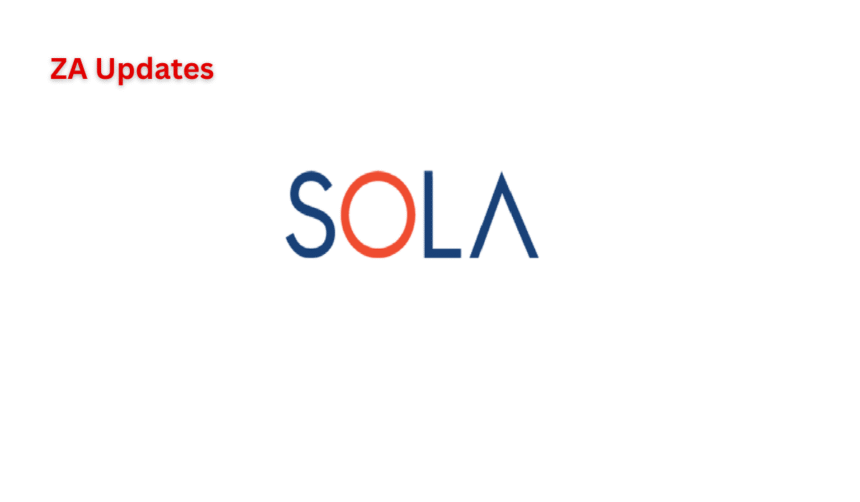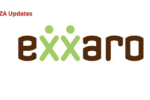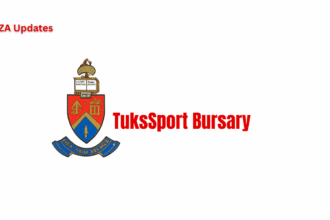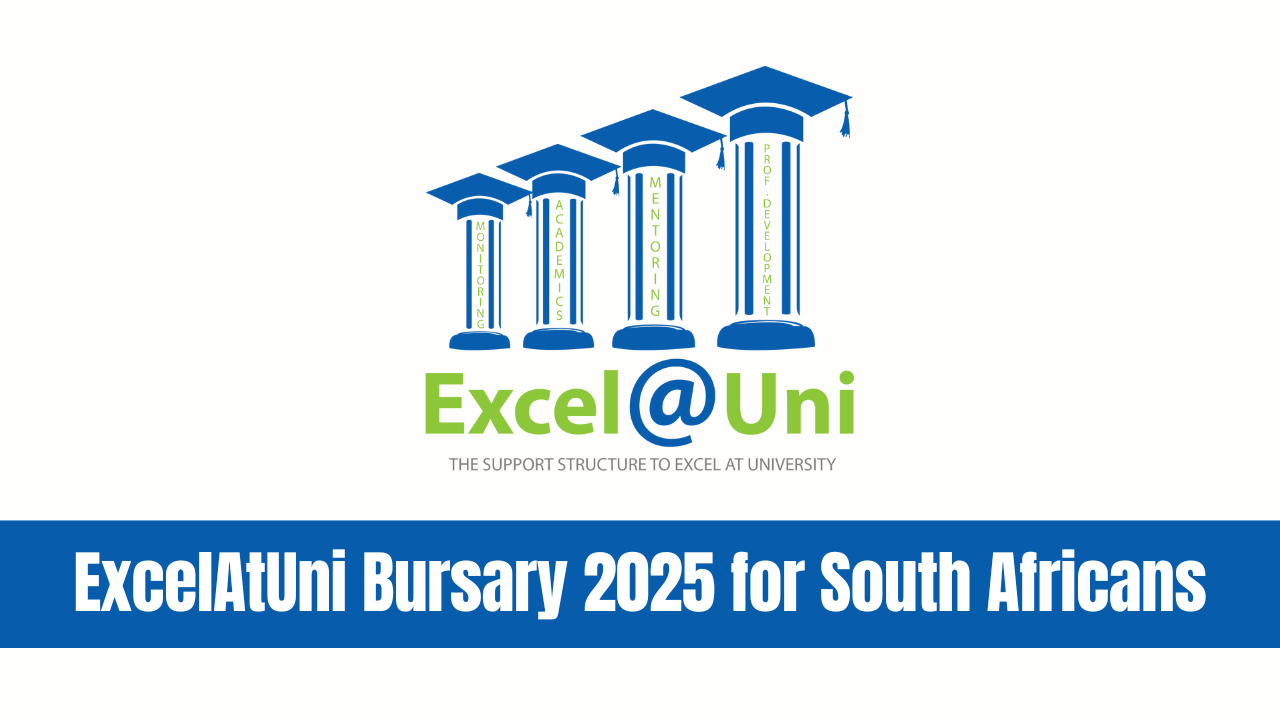SOLA Bursary South Africa For 2026. Are you a final-year Electrical Engineering student with a passion for solar energy? The SOLA Bursary South Africa for 2026 could be your golden opportunity. With the country’s increasing shift towards sustainable energy, SOLA is investing in young, talented engineers who are ready to lead the renewable energy revolution.
In this article, we’ll dive deep into the SOLA Bursary programme, its eligibility criteria, benefits, and how to apply, along with key deadlines and frequently asked questions. This comprehensive guide is crafted for South African students looking for bursary opportunities that not only fund education but also open doors to real-world experience and employment.
About SOLA: A Leader in Renewable Energy Solutions
SOLA is a prominent solar installation and renewable energy company headquartered in Johannesburg and Cape Town, South Africa. Since its inception in 2008, SOLA has been a trailblazer in Africa’s clean energy transition.
With over 13 years of experience, SOLA has been part of major solar power projects across the continent. Their expertise lies in:
- Financing solar infrastructure
- Designing and constructing large-scale solar systems
- Driving innovation in solar photovoltaic (PV) energy solutions
SOLA’s vision is not just about power generation it’s about empowering people, and the SOLA bursary for 2026 is a powerful step in that direction.
SOLA Bursary Programme 2026: Fields of Study Covered
The SOLA Bursary South Africa 2026 is aimed at final-year students pursuing a degree in Electrical Engineering. Eligible qualifications include:
| Degree | Eligibility Year |
|---|---|
| BEng Electrical Engineering | Final year in 2026 |
| BSc Electrical Engineering | Final year in 2026 |
This bursary is ideal for students who have shown an interest in solar PV systems either through academic work or personal projects.
Benefits of the SOLA Bursary: More Than Just Tuition
The SOLA bursary is one of the most comprehensive funding opportunities for engineering students in South Africa. It offers financial assistance along with career development benefits.
Here’s a breakdown of what recipients receive:
| Bursary Benefit | Details |
|---|---|
| Tuition Fees Coverage | Up to R75,000 |
| Paid Vacation Work | Includes travel stipends and practical exposure |
| Mentorship | One-on-one guidance from professional engineers |
| Hands-On Training | Participation in solar PV designs and feasibility studies |
| Industry Insight | Learn the end-to-end processes in the solar PV sector |
| Networking Opportunities | Meet industry leaders and gain professional contacts |
| Post-Graduation Employment | Fixed-term job offer as a Graduate Engineer |
Why This Bursary Stands Out
This is not your average student financial aid programme. The SOLA Bursary equips you with technical skills, practical experience, and industry mentorship that can shape your engineering career.
Eligibility Criteria for the SOLA Bursary
To apply for the SOLA Bursary 2026, applicants must meet specific requirements. Failure to meet these may result in automatic disqualification.
Minimum Requirements:
- Must be a South African citizen
- Must come from a previously disadvantaged background
- Must be studying for a BEng or BSc in Electrical Engineering
- Must be entering final year of undergraduate study in 2026
- Must be enrolled at an accredited tertiary institution in Cape Town
- Must have completed a project or assignment in solar PV
- Must demonstrate ability to work in a fast-paced, entrepreneurial environment
If you tick all the boxes above, you stand a strong chance of being selected.
How to Apply for the SOLA Bursary South Africa 2026
Step-by-Step Application Guide:
- Complete the SOLA Bursary Screening Questionnaire
- This form will assess your eligibility and collect preliminary information.
- Submit Supporting Documents via Email
Email the following to: [email protected] Required DocumentsUpdated Curriculum Vitae (CV)Full Academic Transcript on institution’s letterhead - Mention Your Source
In the application form, when asked how you heard about the bursary, enter: “https://zaupdates.co.za/”
Application Deadline:
- 30 September 2025
- Late applications will not be accepted, so apply well before the deadline.
Why Electrical Engineers Should Consider the SOLA Bursary
The SOLA bursary is designed to bridge the gap between academia and real-world application. For final-year Electrical Engineering students, this bursary is a gateway to:
- Building a strong foundation in solar PV systems
- Contributing to South Africa’s renewable energy sector
- Securing employment right after graduation
Whether you’re focused on solar feasibility, grid integration, or energy storage solutions, this programme helps you gain real exposure.
SOLA Bursary Contact Details
Have questions or need further assistance?
| Contact Person | Nicole Jooste |
|---|---|
| [email protected] | |
| Location | Johannesburg & Cape Town |
FAQs About SOLA Bursary 2026
Can I apply if I’m not studying in Cape Town?
No. The bursary is only open to students studying at an accredited tertiary institution located in Cape Town.
Do I need prior experience in solar PV?
Yes. Applicants must have completed a project or assignment related to solar PV, either academically or personally.
What happens after I graduate?
Successful candidates will be offered a fixed-term position as a Graduate Engineer at SOLA, giving you a strong start in the energy industry.
Conclusion
The SOLA Bursary South Africa for 2026 is more than just financial aid—it’s a full-circle opportunity that supports your final-year studies, provides career training, and even offers employment after graduation. For passionate and talented students in Electrical Engineering, this is your chance to shine in South Africa’s renewable energy sector.










